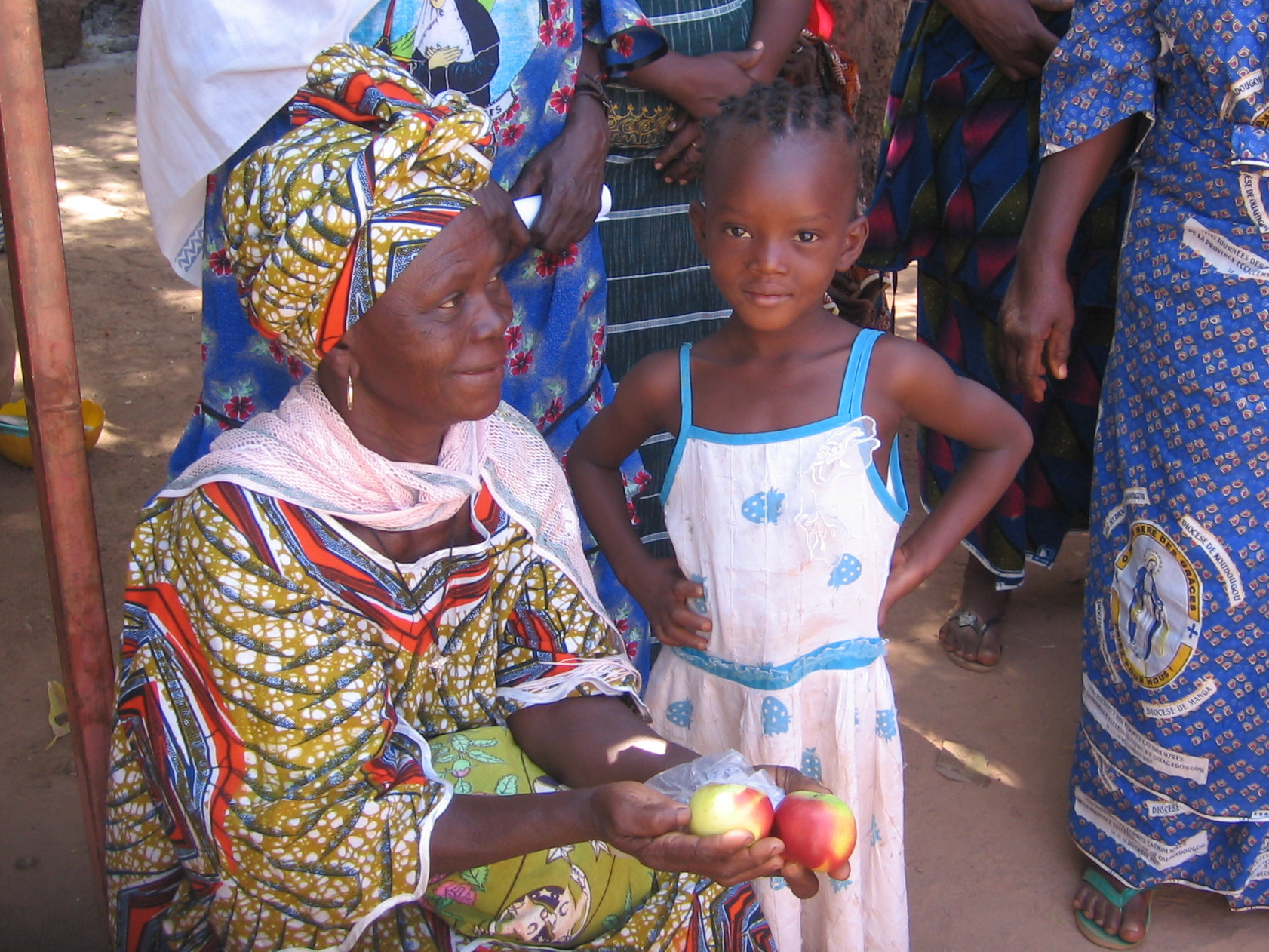ÖJAB in Burkina Faso
Support and Vocational Training for Children and Young People
Since 1961, ÖJAB has been continuously involved in development cooperation (DC) with the West African country of Burkina Faso (formerly: Upper Volta). Currently, ÖJAB supports the training of impoverished children and young people in technical professions on the one hand and measures to improve water and sanitation services on the other.
Our latest Burkina Faso travel report 2024 (in German) with many pictures is now online! A team from ÖJAB's development cooperation visited the West African country at the end of the year. The aim of the trip was to evaluate ÖJAB's ongoing projects on-site and to initiate new initiatives with potential new partner organizations.
THE Situation in Burkina Faso
Education against poverty
The West African country Burkina Faso is one of the least developed countries in the world. It ranks 185th out of 193 in the Human Development Index 2023/2024 of the United Nations.
The average life expectancy in Burkina Faso is only 60.8 years, which is significantly below the average of Austria (81.6 years). Burkina Faso has a population of 19.8 million people compared to 8.8 million in Austria.
More than 40% of the population lives below the poverty line of $2.15 per day. The literacy rate (15 years and older) is 41.2%.
Burkina Faso has hardly any natural resources. Agriculture has to struggle with drought and soil erosion. The change in climate in recent years has exacerbated the situation for the rural population: food crises occur frequently. The geographical location as a landlocked country contributes to the fact that trade and access to international markets are made more difficult by higher transport costs.
FUTURE THROUGH EDUCATION
In many cases the difficult situation of Burkina Faso can also be attributed to the low level of education. Despite positive developments in the education sector, only about half of the population can read and write. Only just under 60% of children complete the six-year primary school. Secondary schools are rarely attended. The reason for this is usually high school fees, which large families cannot afford. Without access to secondary education, young people usually have little future prospects.
LACK OF WATER AND SANITATION
A further challenge in Burkina Faso lies in water and sanitation. The UNDP Progress Report 2010 showed positive developments in the supply of drinking water in cities. In rural regions of Burkina Faso, however, around 43% of the population still have no or insufficient access to clean drinking water. Added to this are a lack of sewage disposal and a serious lack of sanitary facilities.

